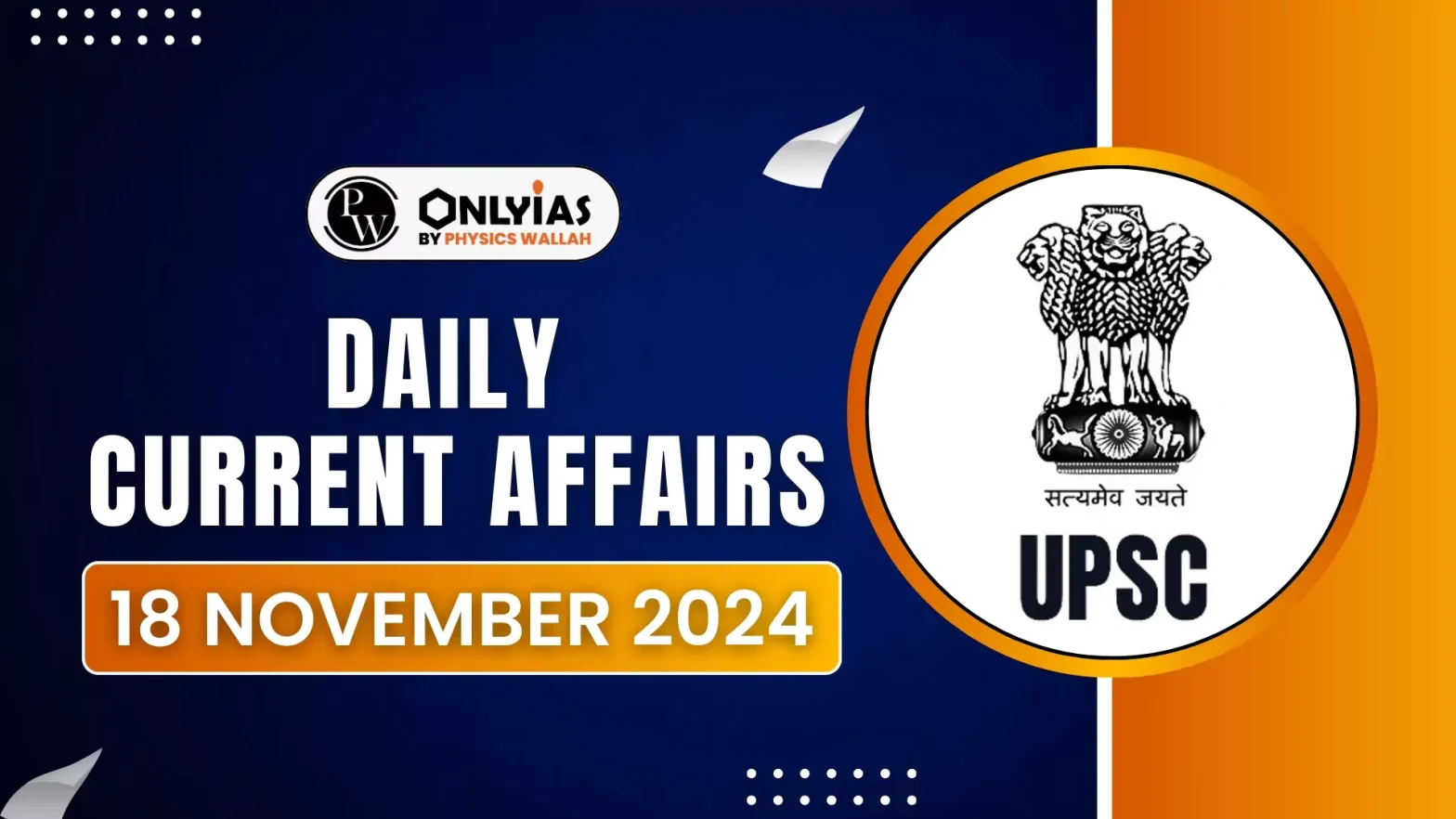Union Environment Ministry has exempted 39 categories of industries from the mandatory requirement of approaching State pollution control Boards for permission to run their industries.
- All of these sectors are in the “white category” of industries, meaning they are the least polluting in nature, by a 2016 classification by the Central Pollution Control Board
- Industries affected include:
- Solar cell and module manufacturing
- Wind and hydel power units
- Fly ash brick/block manufacturing
- Leather cutting and stitching
- Assembly of air coolers/conditioners and repair services.
Enroll now for UPSC Online Course
Industry Categories Classification
- Categorization by Central Pollution Control Board (CPCB):
- Red Category: Highest scrutiny due to toxic effluents.
- Orange Category: Moderate pollution potential.
- Green Category: Lesser pollution potential.
- White Category: Least polluting; minimal environmental impact.
- Rationale for Exemption:
- Reduces “compliance burden” for industries.
- Eliminates the need for dual compliance (Environmental Clearance (EC) and Consent to Establish (CTE)).
- White category industries no longer need CTE or Consent to Operate (CTO).
Dual compliance of Environmental Clearance (EC) and Consent to Establish (CTE) for setting up of new industries
- Permissions known as ‘Consent to establish’ (CTE) and ‘Consent to operate’ (CTO) are granted to regulate industries that discharge effluents or emit pollutants into the environment.
What is dual eco clearance/approval?
- Dual eco clearance, or dual compliance, is the requirement for some industries in India to obtain both Environmental Clearance (EC) and Consent to Establish (CTE) before starting operations.
- This ensures that industries comply with environmental regulations.
|
- CTE: Granted by the state pollution control board, Concerned carrying either standard or specific conditions to be adhered to for complying with pollution norms.
- As per the Water Act, 1974, and Air Act, 1981, CTE or a NOC is required before the commencement of the construction activities and CTO before starting operation of units like individual establishments from the state pollution control boards concerned.
- Now, Non-polluting white category industries will not be required to take CTE or Consent to Operate (CTO) at all
- The industries who have taken EC will not be required to take CTE
Check Out UPSC NCERT Textbooks From PW Store
Implications of the Exemption
- Ease of Doing Business:
- Reduces bureaucratic hurdles and duplication of approvals.
- Supports the government’s aim to enhance the ease of doing business.
- Industry Feedback:
- Addresses a long-standing industry demand to simplify processes.
- Environmental Oversight:
- White category industries received easier permissions even before this formal notification.
Categorization of Industrial Sectors Based on Pollution Index:
- The Ministry of Environment, Forest and Climate Change (MoEFCC) categorizes industrial sectors based on their Pollution Index (PI).
- `This index measures pollution levels from emissions, effluents, hazardous waste, and resource use.
- Pollution Index (PI): Ranges from 0 to 100, with higher values indicating greater pollution.
- Pollution Index Scores and Categories:
- Red: PI 60+ (High pollution)
- Orange: PI 41-59 (Moderate pollution)
- Green: PI 21-40 (Low pollution)
- White: PI 20 or less (Minimal pollution)
About White category sectors
- White Category Industries are the category of industries which are non-polluting industries.
- These industries typically have a Pollution Index (PI) score of 20 or less, indicating a low degree of pollution.
- Exemptions:
- Do not need prior permission from state pollution control boards.
- Exempt from permissions under the Air Act, 1981.
- Exempt from permissions under the Water Act, 1974.
- Examples:
- Wind power projects
- Solar power projects
- Assembly of air coolers
- Bicycle assembly
Enroll now for UPSC Online Classes
- Environmental Impact of White Category Industries
- Low Pollution Levels: White Category Industries produce minimal emissions, effluents, and hazardous waste.
- Their operations have a smaller effect on air, water, and soil quality compared to industries with higher pollution categories.
- Resource Consumption: These industries are more efficient in using resources.
- This efficiency helps further reduce their overall environmental footprint.
- Sufficiency of Exemptions: Although their pollution levels are low, the justification for their permit exemptions needs regular review.
- Ongoing monitoring is essential to ensure these industries continue to have minimal environmental impact and do not contribute to long-term environmental harm.
![]() 18 Nov 2024
18 Nov 2024

